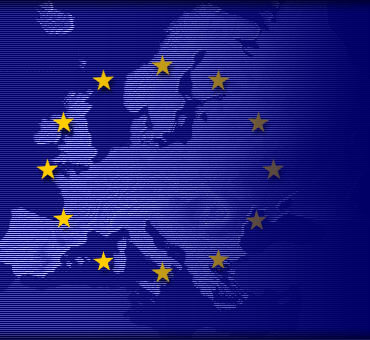EU must learn to live with high oil prices, Brussels says
 Brussels- The European Union must learn to live with high oil prices and help its citizens do the same, the bloc's executive agreed after a debate on Wednesday.
Brussels- The European Union must learn to live with high oil prices and help its citizens do the same, the bloc's executive agreed after a debate on Wednesday.
"Oil prices will no go back down to previous levels ... The problem is structural, the most important factor is the rise in demand and therefore an efficient and durable response will be to adapt to this situation," a spokesman for the European Commission said.
But at the same time, EU member states should make sure that they provide "targeted aid" to support the poorest and worst-hit "without encouraging them to block or hold back adaptation to the new situation," he said.
On June 19 EU heads of state and government are set to meet in Brussels. Recent oil-price rises, and the demonstrations these have provoked in many EU states, have forced the question of oil prices onto the agenda.
Ahead of the meeting, the commission is preparing a document to present its views of the situation. The document stresses that the EU executive has already made a number of proposals on energy efficiency and diversification, and that member states should waste no time in putting them into effect, the spokesman said.
Those proposals include measures to boost energy efficiency and the use of home-produced renewable energy, to liberalize energy markets and to make vehicles more efficient.
Later this year, the commission is also expected to propose a revision of the current EU system of energy taxes, and to present its views on a British proposal to reduce VAT on energy-efficient products and a French proposal for the better monitoring of oil stocks, the spokesman said.
At the same time, the commission paper is expected to stress the need for targeted measures to help both households and industries who have been hard hit by the crisis.
However, it is not yet clear how member states would be expected to answer that need, since the commission also stressed that their measures should not discourage citizens and businesses from adapting to a new, energy-efficient policy.
Analysts say that one possible solution would be to create an adaptation fund, similar to the EU's "globalization fund" which is used to re-train workers who have lost their jobs because their employers have moved to cheaper countries.
Such a fund is not "at the forefront" of the current debate, the commission spokesman said.
In recent weeks, EU politicians have stressed that oil prices are likely to remain high for the foreseeable future, and that the best thing the continent can do is to adapt to the "new reality."
That message has not, however, been welcomed by many groups across Europe, with fishermen and hauliers among the workers holding mass demonstrations across the continent to call for emergency help. (dpa)